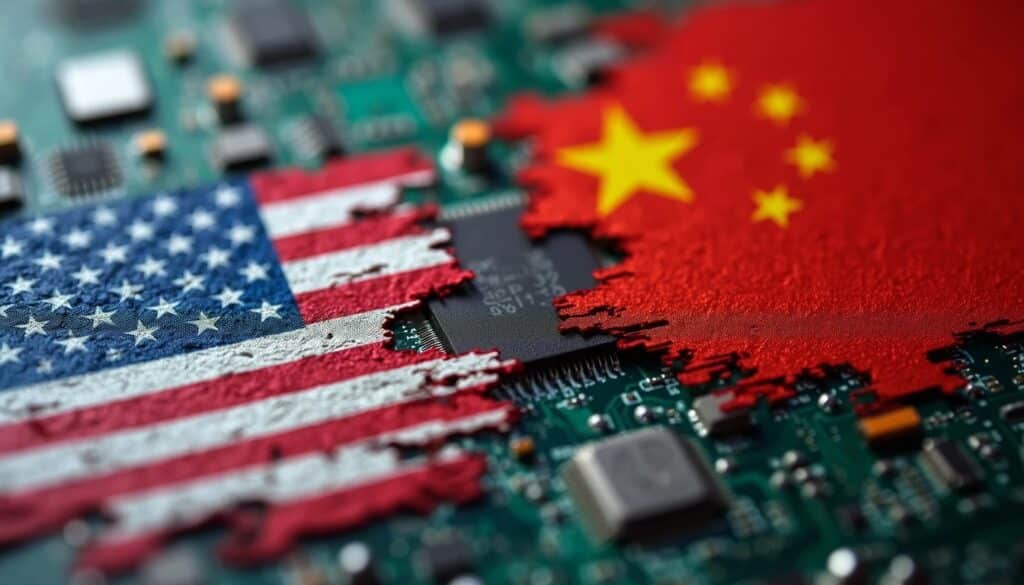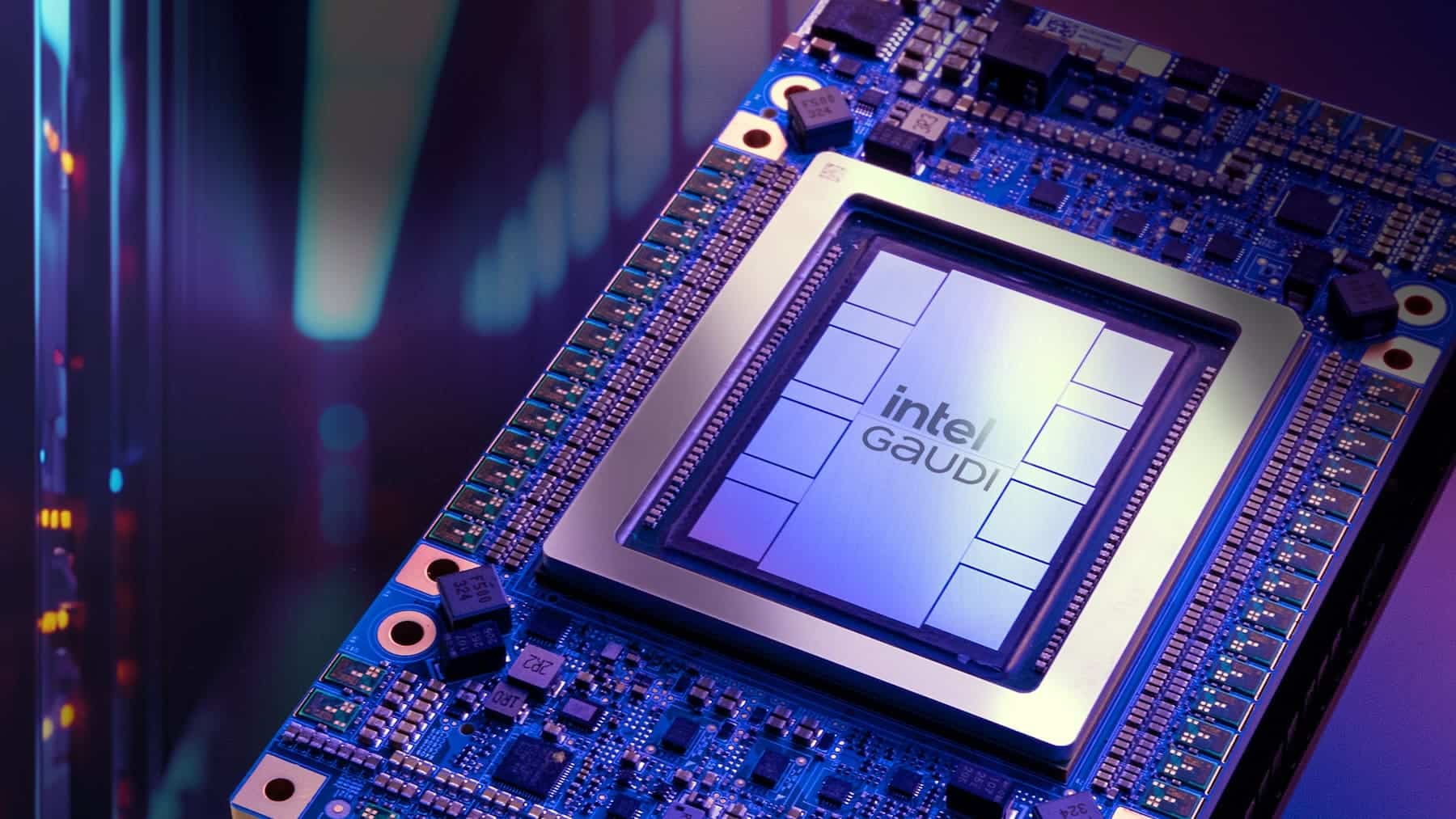Intel has responded to the accusations made by the China Cybersecurity Association (CSAC), which has called for a security review of the products of the American company, claiming that their technology compromises national security. The claims, published on the CSAC’s official WeChat account, stated that Intel processors, including those used in artificial intelligence tasks, have critical flaws and could jeopardize the critical infrastructure of the Asian country.
The CSAC, a group with close links to the Chinese government, pointed out that Intel chips, such as Xeon processors, contain vulnerabilities that reflect an “irresponsible attitude” towards customer security. In addition, the association alleged that the systems integrated in these processors could have “backdoors” related to the United States National Security Agency (NSA), which could endanger global information security.
Intel’s Response
In response to these accusations, Intel stated that their priority has always been the security and quality of their products. In a statement published on their official WeChat account, Intel’s Chinese subsidiary assured: “We will continue to communicate with the relevant authorities to address any concerns and reaffirm our commitment to the security and quality of our products.”
The Chinese market is vital for Intel, as the country represents over a quarter of their annual revenue. A possible ban or security review could affect the company’s sales, particularly at a critical time when China is facing restrictions on accessing advanced chips for AI applications due to sanctions imposed by the United States.
Geopolitical and Technological Tensions
This confrontation is part of the growing technological tensions between China and the United States, where US technology companies have seen their exports to China limited by government restrictions. In 2023, the CAC banned the use of Micron products in critical Chinese infrastructures after a failed security review, a move seen as a response to US sanctions blocking the sale of advanced semiconductors to Chinese companies.

Intel has tried to maintain its presence in China despite these tensions. In July 2023, their CEO, Pat Gelsinger, made a discreet visit to the country in an effort to strengthen the relationship with the Chinese market, coinciding with the launch of a version of their Habana Gaudi 2 chip, designed for AI tasks in China.
A Market under Pressure
With the ongoing restrictions and the CSAC’s accusations, the future of Intel in China is uncertain. The company continues to play a crucial role in supplying high-performance technology to the Chinese market, but the increasing friction between the two powers could influence their ability to continue operating smoothly.
The outcome of this situation could have broader implications for the entire global technology industry, at a time when the competition for leadership in artificial intelligence and semiconductors is at its peak.

